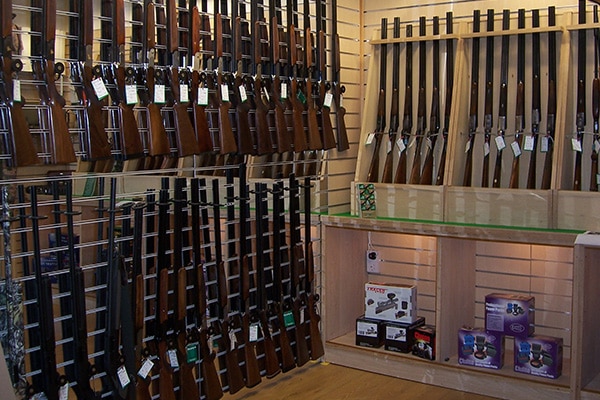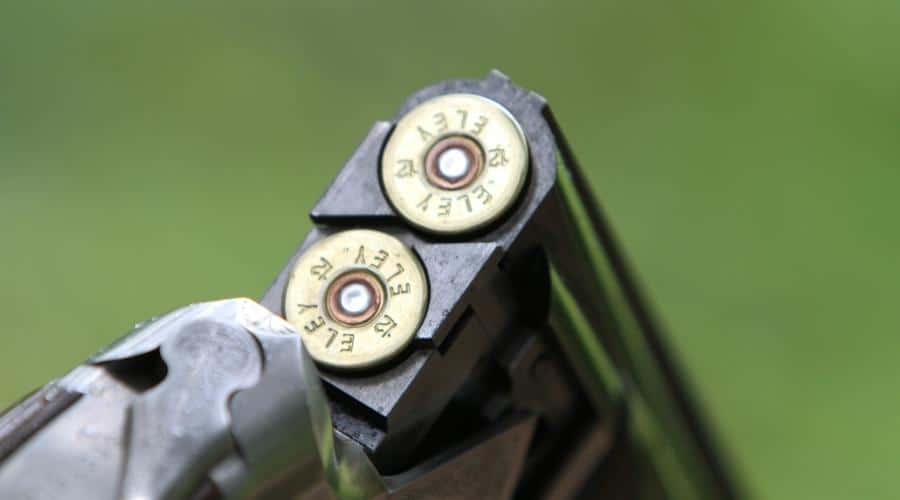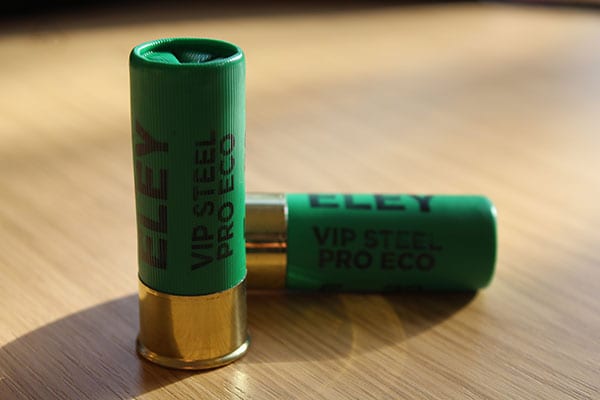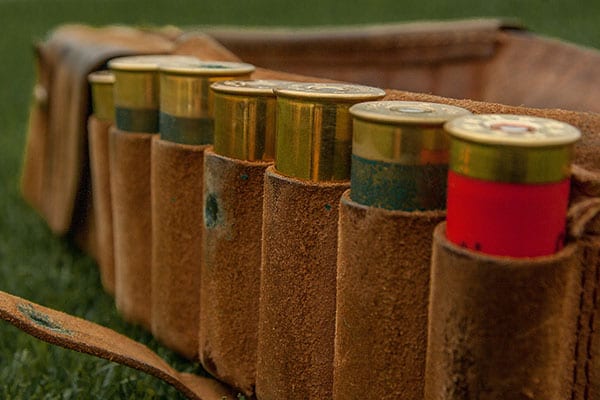
Martin Parker appointed as head of firearms at BASC
Martin Parker, former chief scientist at the National Ballistics Intelligence Service, has been appointed as BASC’s new head of firearms.
Get information on the legal shooting season for mammals and birds in the UK.
Learn about our current conservation projects and how you can get involved.
Comprehensive information and advice from our specialist firearms team.
Everything you need to know about shotgun, rifle and airgun ammunition.
Find our up-to-date information, advice and links to government resources.
Everything you need to know on firearms law and licensing.
All the latest news and advice on general licences and how they affect you.

In response to the open letter published by the RSPB and Wildfowl & Wetlands Trust (WWT) yesterday, 4 April, BASC issues the following statement:
The RSPB and WWT have published an open letter to the joint signatories of a statement by shooting organisations in 2020 which called for a five-year transition away from lead ammunition for game shooting.
The letter calls for the signatories to pre-empt the outcome of the government’s UK REACH process on lead ammunition by calling for a statutory ban. It is worth noting that the RSPB and WWT chose not to approach the shooting organisations for co-operation or comment before publishing this open letter.
The RSPB and WWT are right to acknowledge in their letter the considerable efforts being made by shooting organisations to raise awareness of and debunk myths around the transition away from lead ammunition.
However, their failure to acknowledge the substantial challenges involved in moving away from lead shot and single-use plastics is disappointing and the manner of the timing and delivery of their open letter suggests it is more about political grand-standing than trying to achieve anything useful to positively influence the five-year transition.
The UK Government, through UK REACH, is currently investigating the requirement for legal restrictions on the use of lead ammunition. A public consultation is expected to be launched this month leading to recommendations on the transition.
These recommendations may well follow the EU process and move towards a statutory ban on lead ammunition alongside derogations to cover circumstances when it is not yet feasible.
Since the publication of the joint statement in February 2020 by shooting organisations, significant progress has been made towards the transition despite the clear and obvious difficulties created for cartridge manufacturers and others by the Covid-19 pandemic and Brexit.
The UK REACH process is already underway and the shooting organisations remain committed to that transition and are moving our community towards change.
Shooting organisations are committed to working alongside the regulator to ensure that restriction proposals are robustly scrutinised, evidence-led and, most importantly, proportionate to any identified risk with appropriate transition periods to allow manufacturers the time to scale-up production of viable alternatives to lead.
Significant progress has been made by cartridge manufacturers in the first two years of the voluntary transition. Research and development continue at pace, but there should be no under-estimation of the seriousness of issues affecting global supply chains. The availability of raw materials, components, tools and machining continues to be affected in the aftermath of the pandemic, combined with increased demand in the USA and an increased demand in Europe ahead of the imminent “wetlands ban” in February 2023.
Despite the difficulties, the shooting organisations remain wholly committed to our five-year voluntary transition and will use our knowledge and practical experience of the sector to engage meaningfully with all relevant regulatory processes – we encourage other stakeholders to do the same.
The priority is to ensure that there is a sufficient supply of non-lead ammunition to support all forms of shooting and to ensure that risks to land, food and fauna are adequately controlled.
The shooting community is calling for UK REACH to sit down with manufacturers and assemblers to plan a route-map for adequate supplies of sustainable ammunition. RSPB and WWT support for this would be welcome.

Martin Parker, former chief scientist at the National Ballistics Intelligence Service, has been appointed as BASC’s new head of firearms.

Sir Geoffrey Clifton-Brown MP has welcomed the statement from leading rural organisations calling for an end to the use of lead in shotgun cartridges used for live quarry within five years.

Shooting and rural organisations announce five-year transition away from lead shot and single-use plastics for live quarry shooting.
Sign up to our weekly newsletter and get all the latest updates straight to your inbox.
© 2023 British Association for Shooting and Conservation. Registered Office: Marford Mill, Rossett, Wrexham, LL12 0HL – Registered Society No: 28488R. BASC is a trading name of the British Association for Shooting and Conservation Limited which is authorised and regulated by the Financial Conduct Authority (FCA) under firm reference number 311937.
If you have any questions or complaints about your BASC membership insurance cover, please email us. More information about resolving complaints can be found on the FCA website or on the EU ODR platform.
This website uses cookies so that we can provide you with the best user experience possible. Cookie information is stored in your browser and performs functions such as recognising you when you return to our website and helping our team to understand which sections of the website you find most interesting and useful.
Strictly Necessary Cookie should be enabled at all times so that we can save your preferences for cookie settings.
If you disable this cookie, we will not be able to save your preferences. This means that every time you visit this website you will need to enable or disable cookies again.
This website uses Google Analytics to collect anonymous information such as the number of visitors to the site, and the most popular pages.
Keeping this cookie enabled helps us to improve our website.
Please enable Strictly Necessary Cookies first so that we can save your preferences!
More information about our Cookie Policy